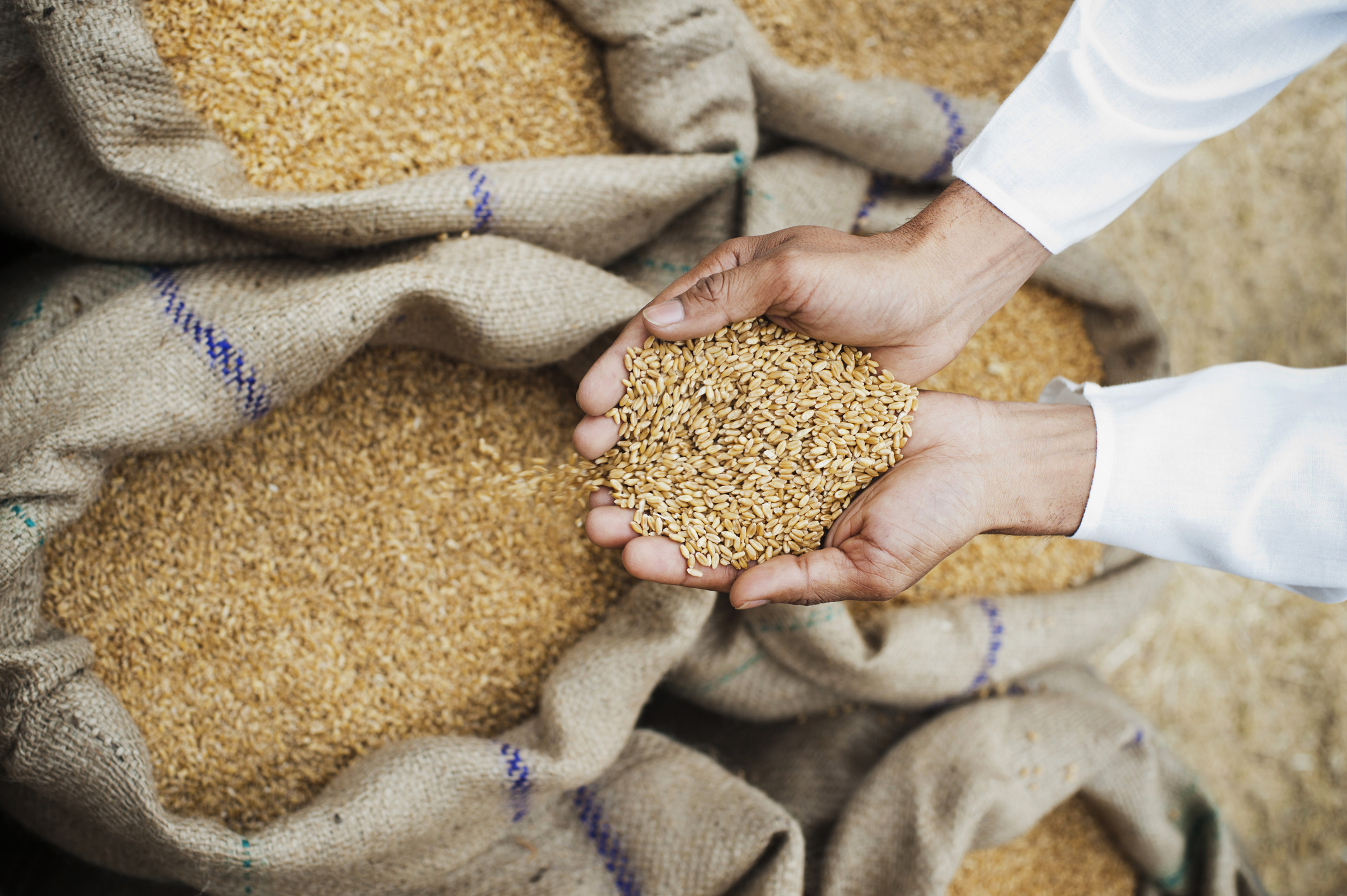Harsh weather is reducing wheat production in major global exporters, cutting inventories that have already been projected to hit nine-year lows, while fuelling a sudden surge in prices.
Dryness afflicting suppliers from Russia, the world’s biggest, to Argentina, is making food production vulnerable as recent Russian attacks on grain ships in the Black Sea rekindles concerns about the war limiting supplies.
While top southern hemisphere exporters Argentina and Australia have lost several million tons of wheat to drought and frost, a lack of moisture is hitting plantings for 2025 crops in Russia, Ukraine and the United States.
“The wheat market is getting tighter and it is going to get worse,” said Ole Houe, head of advisory services at IKON Commodities in Sydney.
World wheat inventories have fallen from record highs five years ago, U.S. data shows, as poor weather hurt output and Russia’s 2022 invasion of Ukraine temporarily spiked grain prices.
Last week Ukraine said Russian attacks damaged two grain ships there.
Russian crops suffered from late frosts and then drought since April, Agriculture Minister Oksana Lut said this week.
“In some regions, there hasn’t been any rain since April,” Lut told a conference. “I don’t know if there have been years like this before, when everything that could happen with the climate actually happened.”
In the physical market, Black Sea wheat in Southeast Asia is quoted around $280 a metric ton, including cost and freight, up from $265 about a month ago.
Chicago wheat futures Wv1 jumped last week to their highest in four months, as the market recovered from its weakest since 2020 in July.
Some farmers in exporting nations, such as Australia and Canada, are holding back sales in anticipation that prices will climb even higher.
“It is the trend most places where wheat comes from, farmers are not selling and it is becoming a problem for traders who have committed sales to millers,” said one Singapore-based grains trader at an international company.
U.S. farmer Doug Keesling, 50, said he was praying for rain for his fields in Chase, Kansas, after planting about 1,200 acres (486 hectares) of wheat during a third year of drought.
“I can dig down three to four inches and there’s not a single drop of moisture in this soil,” he said, referring to a depth equivalent to 8 cm to 10 cm.
“If it rains, it’ll come up. If it doesn’t rain, it’s going to be tough even for following into the next year.”
Production prospects in neighbouring Oklahoma are lower for 2025 than 2024 after dryness slowed plantings, said Mike Schulte, executive director of the Oklahoma Wheat Commission.
HIGHER PRICES
The U.S. Department of Agriculture projects world wheat ending stocks at a nine-year low of 257.22 million metric tons in 2024-25 even as the outlook for global production reaches a record 796.88 million.
Analysts surveyed by Reuters expect the agency will trim its stocks forecast on Friday to 256.14 million tons.
“There’s a lot of room to the upside (in prices) if USDA decides to cut production globally by 3.5 million to 4 million tons,” said Terry Reilly, senior agricultural strategist for Marex.
The Rosario grains exchange trimmed its wheat harvest estimate to 19.5 million tons from a previous estimate of 20.5 million.
Australia probably produced about 32 million to 33 million metric tons of wheat, up from last year but off earlier estimates by about 2 million to 3 million tons, analysts said.
“It is quite dry and there has been frost damage as well,” said Dennis Voznesenski, an analyst at Commonwealth Bank, while touring wheat farms in South Australia this week.
“Crops are not looking good.”
(Inputs from Reuters)




















